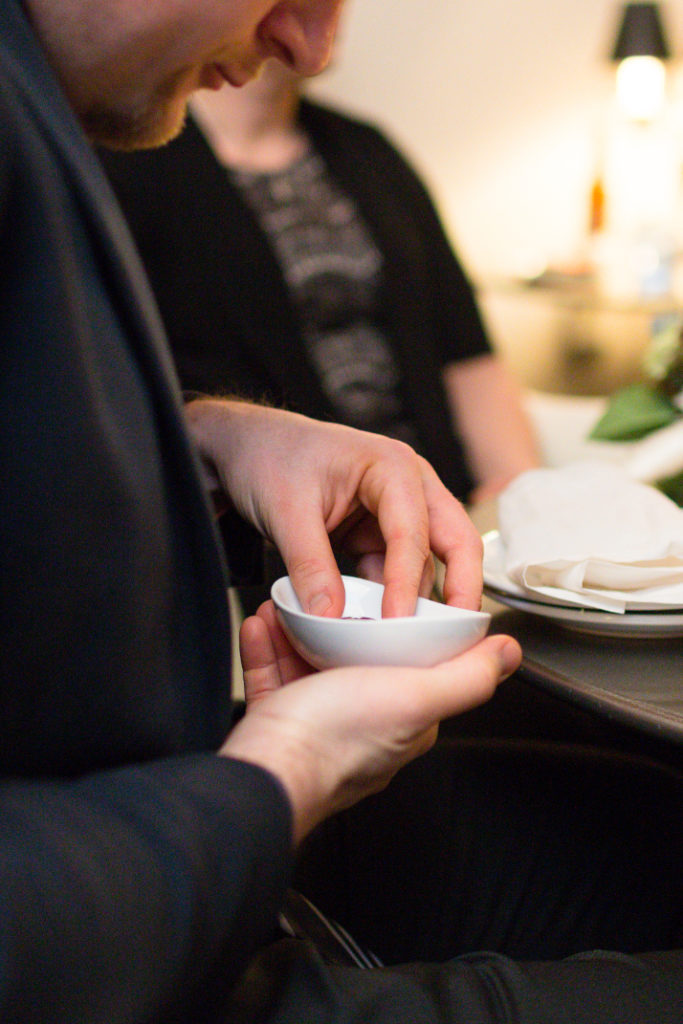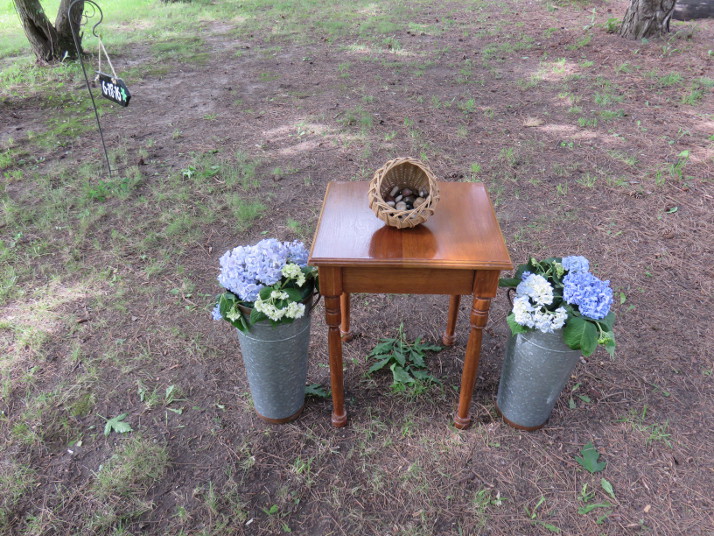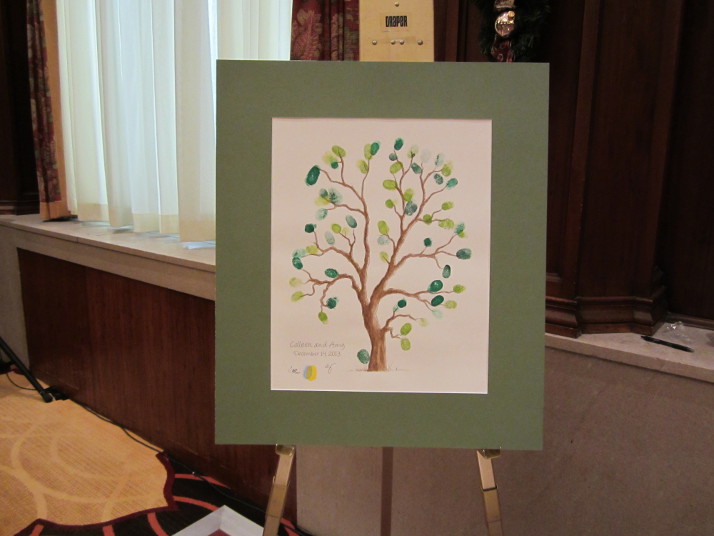Dealing With Wedding Day Concerns
Wedding day concerns are common and to be expected. Your wedding day is probably the largest and most formal event you’ve ever planned. On top of that, it marks a milestone moment in your life. Dealing with wedding day concerns in advance can make your day more enjoyable and memorable for you.
Some of your wedding day concerns can be addressed by putting contingency plans in place. For example, if you are planning an outdoor ceremony, what will you do in case of inclement weather? Extreme heat, cold, wind, or rain or thunderstorms can torpedo your dreamed of outdoor ceremony. But if you ensure that you have an acceptable indoor plan, you can roll with whatever weather presents itself on your wedding day. Since weather is beyond our control, it makes sense to plan for the worst and hope for the best, ensuring that you can enjoy your ceremony no matter the weather.
There are a number of wedding day concerns that you can’t plan for, but if you consider them ahead of time you will be prepared to gracefully roll with them if they happen. An example here is the common concern expressed by both brides and grooms, “What if I get emotional or cry during the vows?” My response is always that there is no problem with heartfelt emotion. Practically, the best thing you can do is take a moment to compose yourself and take a few deep, calming breaths. If you or your partner or an attendant can have a tissue handy, that can also help. Remember that a pause that seems incredibly long to you is likely only 15 or 20 seconds. Your guests will wait for you. No one is going anywhere until the ceremony concludes, and recognizing the significance of the moment with some honest emotion is never a problem.
A general wedding day concern is, “What if everything isn’t perfect?” It’s understandable that you want this important day that you’ve been working toward for a year or more to be perfect. But the fact is that there are many moving parts to the day, from the venue to the musicians, to the catering to the weather, to the guests. Most of these you don’t have direct control over on the wedding day, and odds are that something isn’t going to go the way you imagined. Once you’ve planned the day to the best of your ability it’s time to sit back and enjoy the ride. If something goes wrong, ask for help resolving the issue if possible, or just smile and roll with it. Sometimes those snafus make for memorable moments and great stories for years to come.
Considering possible wedding day concerns ahead of time allows you to plan for them where possible. And even just knowing about the possible problems before the wedding day can allow you to accept any imperfections and keep your focus on the important part of the day – making your public declaration of love and commitment to the person you plan to spend your future with. Everything else comes in a distant second. So keep your perspective and have a great day!



